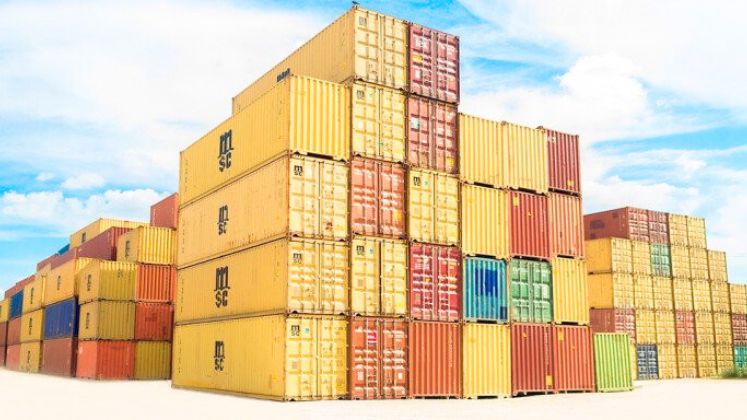
In January, the country’s merchandise exports rose by over 7 per cent, reaching US $ 4.5 billion compared to US $ 4.2 billion during the same month the previous year. This growth was primarily fueled by an increase in shipments of ready-made garments (RMG).
According to provisional data from the National Board of Revenue (NBR), total export earnings have exceeded US $ 29 billion in the first seven months of the current fiscal year, reflecting a robust growth of over 12 per cent. In contrast, export earnings from July to January of the previous fiscal year stood at US $ 25.93 billion.
Export earnings reached US $ 28.97 billion in January 2025 alone, marking a 5.7 per cent increase from US $ 25.94 billion in January 2024, according to the latest Export Promotion Bureau (EPB) data.
In tandem with the export growth, remittance inflow also saw an increase, amounting to US $ 2.19 billion in January, marking a 3.40 per cent growth compared to the same period last year. However, this figure represents a six-month low, attributed to stringent regulations on the dollar rate.
Shams Mahmud, managing director of Shasha Denim, highlighted the steady growth in export earnings in recent months, indicating a positive trend. He urged the government to analyse value addition margins, noting that local backward industries are struggling to meet the supply needs of export-oriented apparel factories. As a result, many apparel exporters are increasingly reliant on imported yarn and fabrics.
Mahmud emphasised the need for policies to ensure a stable energy supply and support the green transition, which he deemed critical for business sustainability. He also called on the government to address challenges related to the country’s graduation from Least Developed Country (LDC) status by strengthening backward linkages.
He pointed out that a shift in orders from China, due to a 10 per cent tariff hike imposed by the US government, presents an opportunity for Bangladesh. “If we can ensure an adequate energy supply, we could capture around 15 per cent of these diverted orders,” he stated.
Urmi Group Managing Director Asif Ashraf reported strong demand from buyers, with the company achieving over 11 per cent growth in the last calendar year. He noted an increase in inquiries from new buyers, reflecting a positive outlook for the RMG sector.
However, Mohammad Hatem, President of the Bangladesh Knitwear Manufacturers and Exporters Association (BKMEA), acknowledged the recent rise in orders while highlighting the challenges posed by increasing production costs. “Price competitiveness remains a challenge, and adequate utility supplies are crucial for meeting buyers’ lead times,” he remarked.
Hatem also pointed out that the law and order situation in the country has yet to fully stabilise, which is essential for restoring buyer confidence in the market.






